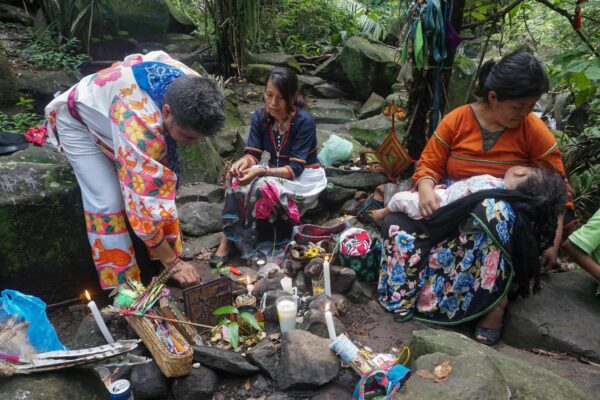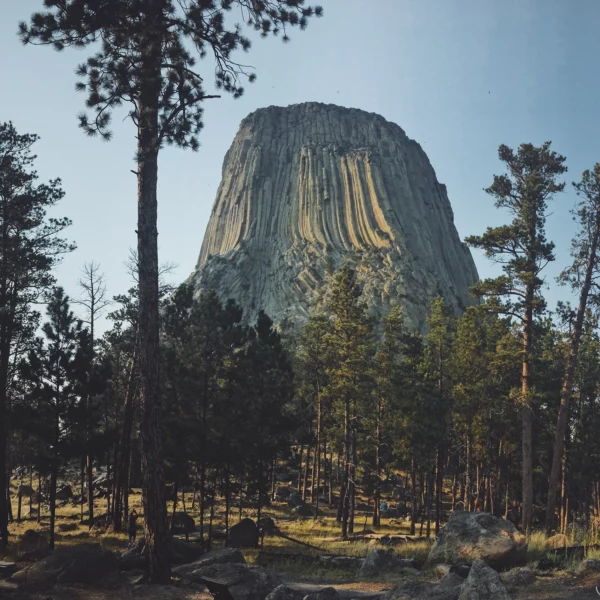
by Tim Billbrough
Introduction:
Druids scattered across the globe outside of the ancient Celtic homelands often find solace and spiritual connection in ancient and sacred sites in their own locales. These sites, often tied to indigenous cultures, carry an immense historical and cultural significance. However, with this privilege of accessing these places comes a responsibility to approach them with utmost respect, particularly in avoiding cultural appropriation. In this article, I would like to explore the ways in which we Druids can honor these native sites while maintaining a sense of reverence, appreciation, and cultural sensitivity to their original cultures.
Step 1: Prepare.
Before simply running off to visit these native sites, it’s crucial to grasp the significance of these places. Native sites are not mere tourist attractions; they represent the spiritual and cultural heritage of indigenous communities. These locations are often intertwined with sacred narratives, rituals, and practices that have been passed down through generations. To approach these sites with respect, it is essential to acknowledge their historical, cultural, and spiritual importance.
One of the primary steps in fostering respect for native sites is to invest time in thorough research and education. Gain a deep understanding of the history, traditions, and cultural context associated with the site you plan to visit. Read books, articles, and scholarly works written by experts in indigenous studies to grasp the nuances of the culture and belief systems connected to the site.
Moreover, make an effort to engage with the local indigenous communities and seek their perspectives. Attend cultural events, workshops, or lectures organized by indigenous leaders or educators. Developing a comprehensive understanding will enable you to approach native sites with a greater awareness of their significance and the potential impact of your presence.
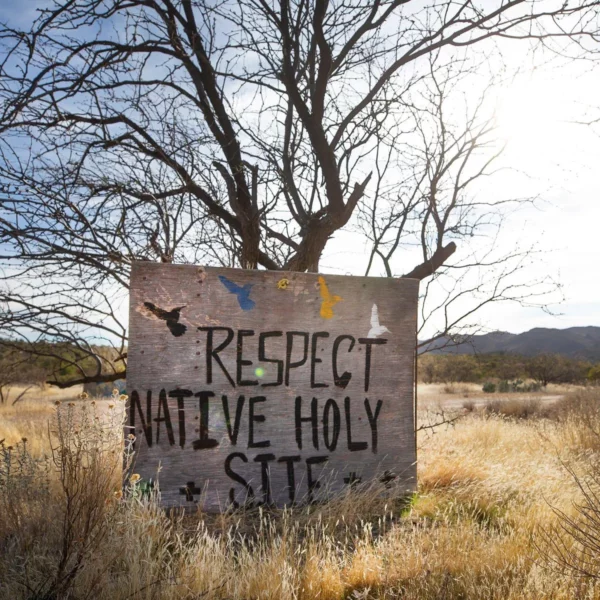

Celebrate diversity by exploring a wide range of spiritual traditions, but do so with the understanding that each path is distinct and should be approached with cultural sensitivity. Embrace the opportunity to learn from different traditions without appropriating or diluting their essence.
It is essential to differentiate between respectful engagement and cultural appropriation. Cultural appropriation involves adopting elements of a culture without understanding or respecting its context, often leading to the commodification of sacred practices.
To avoid cultural appropriation, refrain from incorporating these sacred sites, as well as any symbols, rituals, or artifacts from indigenous cultures, into your practices without proper understanding and permission. Instead, focus on cultivating an appreciation for the diverse ways in which spirituality is expressed across cultures.
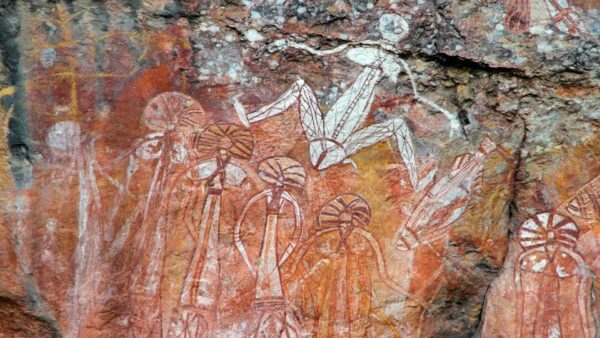

When visiting native sites, it is imperative to recognize and respect the sacred nature of these spaces. Many indigenous cultures consider these sites to be places of worship, meditation, and connection with the divine. Therefore, visitors should adhere to any rules or guidelines set by local authorities or indigenous communities.
Refrain from engaging in disruptive behavior such as loud conversations, inappropriate rituals, or any actions that may disturb the tranquility of the site. Treat the area with the same reverence you would show in a church, mosque, or synagogue. Leave no trace of your visit, ensuring that the site remains undisturbed for future generations.
Tourism, which is what this step is in the simplest of terms, can play a significant role in the preservation or degradation of native sites. When planning a visit, opt for responsible and sustainable tourism practices. Choose accommodations and tour operators that prioritize environmental and cultural preservation. Minimize your ecological footprint by following designated trails, avoiding littering, and respecting local flora and fauna.
Additionally, be mindful of the impact your presence may have on the local community. Support local businesses, artisans, and initiatives that prioritize the well-being of indigenous people. Engage in cultural exchange with local residents, fostering mutual understanding and respect.


Step 3. Incorporate Respectfully
In cases where you feel a genuine connection to a native site and wish to incorporate elements of its traditions into your practices, it is crucial to approach indigenous communities with respect and humility. Seek guidance from community leaders, elders, or spiritual authorities, asking for their permission and insights.
Engage in open and honest dialogue, expressing your intentions and willingness to learn. Be receptive to feedback and be prepared to adjust your approach based on the perspectives shared by the indigenous community. Building respectful relationships is key to ensuring that your engagement with native sites is culturally sensitive and mutually beneficial.
Another way to demonstrate respect for native sites is by actively supporting the preservation efforts led by indigenous communities. This is also in keeping with our Druidic teachings. Many of these sites face threats from environmental degradation, urbanization, or tourism-related activities. Contributing to conservation initiatives, participating in volunteer programs, or making financial donations can be impactful ways to give back.
Furthermore, acknowledge and promote the narratives and voices of indigenous communities. Share information about the cultural significance of native sites on social media, attend events organized by indigenous groups, and encourage others to do the same. By amplifying indigenous perspectives, you contribute to the broader awareness of the importance of these sites.
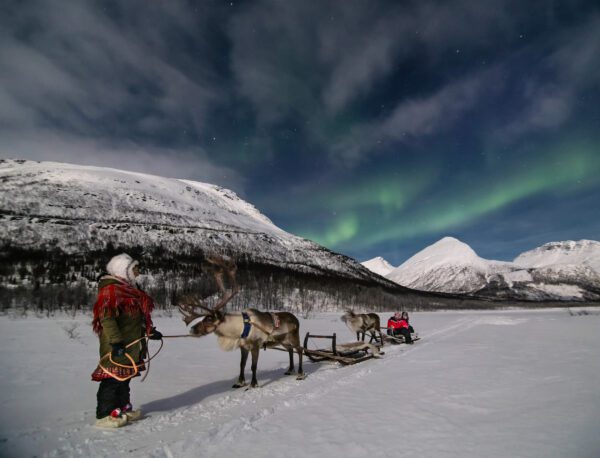

Approaching native sites with respect and dignity as a modern Druid requires a combination of education, cultural sensitivity, and responsible engagement. By investing time in thorough research, acknowledging the sacred nature of these spaces, and consulting with indigenous communities, practitioners can create meaningful and respectful connections.
Remember that the essence of spiritual practice lies not only in personal growth but also in fostering harmony with the wider world. By actively contributing to the preservation of native sites and respecting the cultural diversity they represent, we Druids can play a crucial role in building bridges of understanding and appreciation between different spiritual traditions.
Resources
In addition to personal experience, here are the resources I used in constructing this article. May they help you on your path as well.
Baker, Little Elk, Pollard, and Yellow Bird. How To Talk About Native Nations: A Guide. https://nativegov.org/news/how-to-talk-about-native-nations-a-guide/
Collaboration between UNM, AASTEC, NMTSPFP, NTA, and PIRE. Guiding Principles for Engaging in Research with Native American Communities. https://hsc.unm.edu/vision2020/common/docs/guiding_principles_research_native_communities2012.pdf
McLoughlin, L. US Pagans and Indigenous Americans: Land and Identity. https://www.mdpi.com/2077-1444/10/3/152
